The Healing Power of Medicinal Mushrooms: Nature's Hidden Treasures
Introduction
For centuries, mushrooms have been a prominent feature in various culinary traditions worldwide, adding unique flavors and textures to countless dishes. However, beyond their culinary appeal, certain mushrooms have been revered for their remarkable medicinal properties. These fungi, often referred to as "medicinal mushrooms," have gained popularity in recent years for their potential health benefits. In this article, we will delve into the fascinating world of medicinal mushrooms, exploring their history, diverse species, and the science behind their healing properties.
A Brief History
The use of mushrooms for medicinal purposes can be traced back thousands of years to ancient Chinese, Egyptian, and Native American cultures. These civilizations recognized the therapeutic value of specific mushrooms, incorporating them into traditional medicine practices. In Traditional Chinese Medicine (TCM), mushrooms like reishi (Ganoderma lucidum), shiitake (Lentinula edodes), and maitake (Grifola frondosa) have been used for their immune-boosting and adaptogenic properties for centuries.
Types of Medicinal Mushrooms
Reishi (Ganoderma lucidum): Often referred to as the "mushroom of immortality" or "king of herbs," reishi mushrooms are prized for their immune-enhancing and stress-reducing effects. They contain compounds known as triterpenes and polysaccharides, which are believed to contribute to their health benefits.
Shiitake (Lentinula edodes): Shiitake mushrooms are a staple in Japanese cuisine and are known for their potential to support cardiovascular health. They are a rich source of compounds like lentinan, eritadenine, and beta-glucans, which have demonstrated cholesterol-lowering and immune-boosting properties.
Maitake (Grifola frondosa): Maitake mushrooms are recognized for their potential to enhance the immune system and improve blood sugar regulation. They contain beta-glucans, which may help regulate insulin sensitivity and support overall metabolic health.
Cordyceps (Cordyceps sinensis): Cordyceps are unique in that they are parasitic fungi that grow on caterpillar larvae in the wild. They are renowned for their energy-boosting and adaptogenic qualities. Cordyceps supplements are often used by athletes and those seeking increased stamina and endurance.
Lion's Mane (Hericium erinaceus): Lion's Mane mushrooms have gained attention for their potential cognitive benefits. They contain compounds called hericenones and erinacines, which may stimulate nerve growth and support brain health. This makes them a popular choice for enhancing memory and concentration.
Chaga (Inonotus obliquus): Chaga mushrooms are known for their high antioxidant content, particularly betulinic acid. These antioxidants may help combat oxidative stress, which is linked to various chronic diseases. Chaga is often used to support overall well-being and longevity.
Scientific Insights
Research into the medicinal properties of mushrooms has expanded in recent years, shedding light on the mechanisms behind their health benefits. Many of these mushrooms are rich in bioactive compounds such as beta-glucans, terpenoids, and polysaccharides, which contribute to their therapeutic effects. Some key areas of scientific interest include:
Immune Support: Medicinal mushrooms are known for their immunomodulatory properties. They can help regulate and enhance the immune system's response to infections and diseases.
Anti-Inflammatory Effects: Certain mushroom compounds have demonstrated anti-inflammatory properties, which can be beneficial for conditions involving chronic inflammation, such as arthritis and autoimmune diseases.
Antioxidant Activity: The high antioxidant content in mushrooms can combat oxidative stress and reduce the risk of chronic diseases, including cancer.
Neuroprotection: Mushrooms like Lion's Mane have shown promise in supporting brain health and potentially improving cognitive function.
Metabolic Health: Some mushrooms, such as maitake and shiitake, have been studied for their ability to regulate blood sugar levels and improve insulin sensitivity.
Conclusion
Medicinal mushrooms offer a natural and holistic approach to health and well-being, drawing upon centuries of traditional use and a growing body of scientific evidence. While these fungi are not a replacement for medical treatment, they can complement a healthy lifestyle and support various aspects of health, including immunity, inflammation, and cognitive function. As interest in natural remedies continues to grow, medicinal mushrooms are likely to remain a valuable and intriguing area of research and wellness. Incorporating them into your diet or as supplements may offer a host of potential benefits, making these hidden treasures of the natural world worth exploring further.

